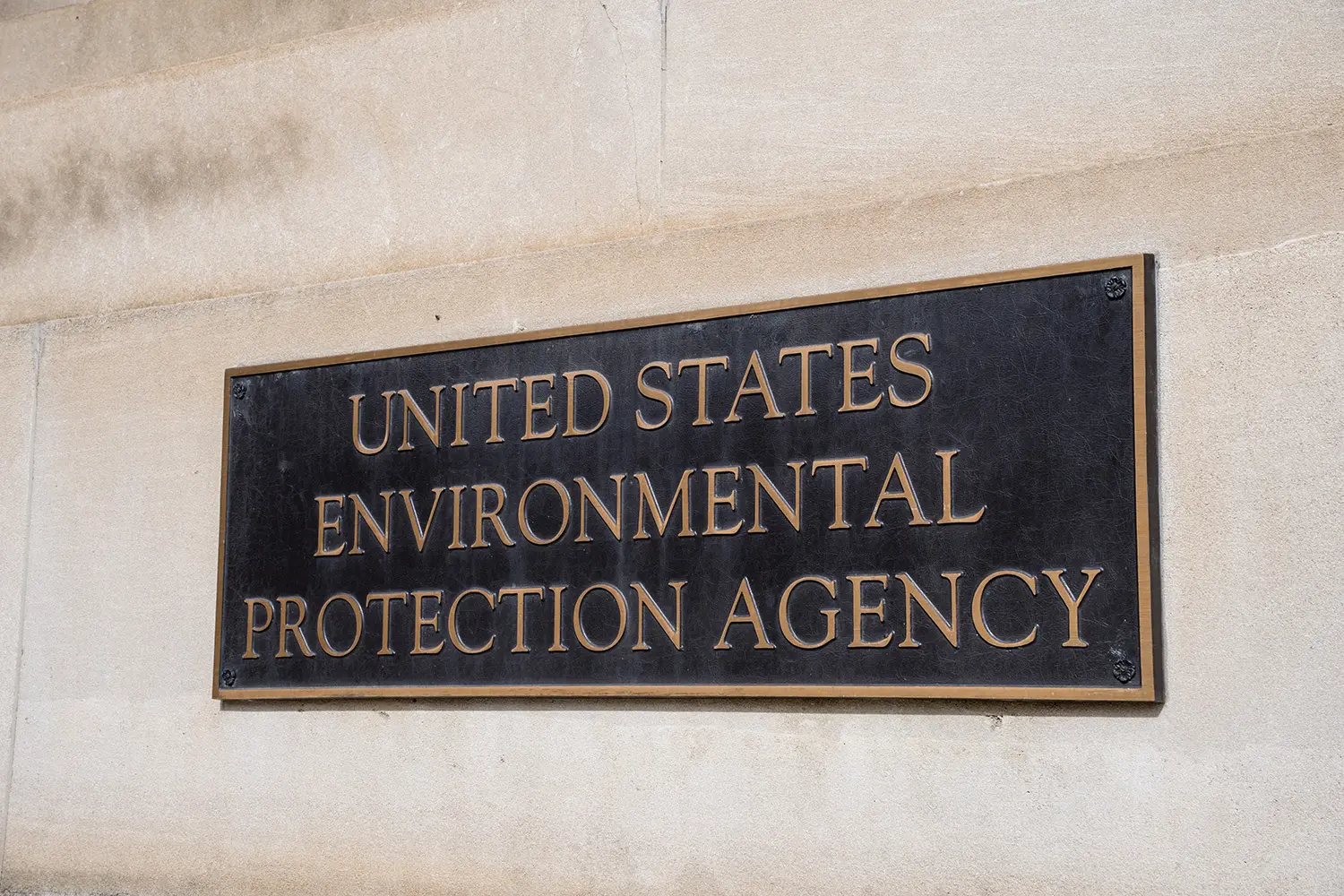
As the Senate deliberates the nomination of a new leader for the Environmental Protection Agency (EPA), questions about the agency’s future and its ability to protect public health and the environment have taken center stage. Concerns are mounting about the nominee’s track record on environmental issues and the potential implications for the EPA’s mission. Here’s a closer look at the key issues and what they mean for the environment and public health.
The nominee’s environmental voting record has consistently ranked low, earning a lifetime score of 14% from the League of Conservation Voters (LCV). This score reflects votes against numerous bills aimed at addressing climate change, protecting public lands, and reducing pollution. These numbers suggest a pattern of prioritizing industry interests over environmental safeguards.
During their tenure in Congress, the nominee repeatedly supported policies favoring fossil fuel expansion. They backed legislation to roll back methane emissions rules and opposed measures to limit drilling on public lands. These positions align with fossil fuel lobbyists but conflict with the urgent need to transition to clean, renewable energy to combat climate change.
Environmental advocacy groups, including the Natural Resources Defense Council and Food & Water Watch, have expressed concerns that the nominee’s leadership at the EPA could hinder progress on reducing greenhouse gas emissions. Critics worry that such policies would exacerbate the impacts of climate change rather than mitigate them.
The nomination comes at a time when conservation groups fear a rollback of hard-won environmental protections. In a December 2024 statement, a coalition of environmental organizations warned that the nominee’s history suggests they might prioritize deregulation. Their track record includes support for scaling back the Clean Water Rule, which protects drinking water sources for millions of Americans, and opposition to rules limiting toxic air pollutants.
The fear is not unfounded. In recent years, the nominee has openly questioned the necessity of some environmental regulations, labeling them as burdensome to businesses. While streamlining processes is a valid goal, critics argue that environmental protections are not red tape but essential safeguards for public health and ecosystems.
Perhaps the most concerning aspect of this nomination is the potential erosion of public trust in the EPA’s mission. The agency exists to protect human health and the environment, and its credibility relies on prioritizing science and public interest. Advocacy groups, such as the Sierra Club, have highlighted the nominee’s previous statements downplaying climate change as a red flag for their ability to lead an agency tasked with addressing the climate crisis.
Additionally, close ties to industry groups and fossil fuel interests could raise questions about conflicts of interest. Transparency and impartiality are critical for the EPA to fulfill its mandate effectively.
While supporters point to the nominee’s administrative experience and leadership qualities, their environmental record suggests a departure from the robust protections the EPA is tasked with enforcing. As the Senate weighs this confirmation, the stakes are high for the future of U.S. environmental policy. The public, advocacy groups, and lawmakers alike must demand clear answers about how the nominee plans to address the climate crisis, safeguard clean air and water, and uphold the EPA’s mission.
For those concerned about the implications of this potential leadership, now is the time to make your voice heard. Engage with your representatives, participate in public discussions, and stay informed about how this decision could shape the future of environmental protections in the United States.
Let’s keep the EPA’s mission at the forefront of this critical decision.
01/17/2025 – This article has been written by the FalseSolutions.Org team
Additional Reading: